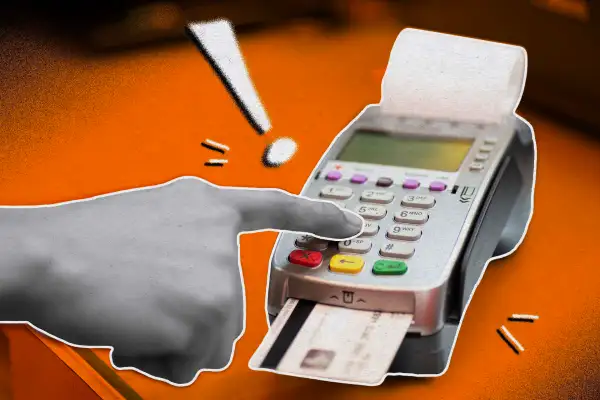Could This New Credit Card Bill in Washington Hurt Your Miles and Points?

A group of lawmakers and lobbyists is gearing up to battle over a proposal that could change the way credit card transactions get processed in the U.S. — and possibly upend the credit card rewards system.
The Credit Card Competition Act was introduced last week by a bipartisan group of legislators led by Sen. Dick Durbin, D-Ill. (He also proposed the bill last year, though it didn't go anywhere.)
The bill could have major ramifications for processors, banks and consumers, which has made it a hot-button issue for months. Critics on both sides are talking about the act — H.R. 3881 in the House; S. 1838 in the Senate — constantly.
The nitty gritty details of the bill are all about network access and credit card transactions.
Basically, every time you use a credit card at a store or online, the bank that issued you that card charges the merchant a fee. This is called an interchange, or swipe, fee.
The amount of the fee is set by the card processor, like Visa or Mastercard. The merchants have no say in the matter because Visa and Mastercard dominate the networks over which the transactions are routed.
“It is as if there was a milk cartel [that said], ‘We’re going to tell all the grocery stores how much to charge for milk,’ and they all said, ‘Sure, great idea, we’ll go with that,’” says Doug Kantor, general counsel at the NACS, a trade association for convenience stores and gas stations.
The fees are hefty. According to a 2022 report from payments advisory firm CMSPI, U.S. credit card interchange fees are some of the highest in the world — 1.8% compared to 0.3% in the U.K.
To cope, Kantor says, merchants often pass the fees onto consumers like me in the form of inflated prices. (That’s also why some small businesses put those legally dubious signs by the register about credit card surcharges.)
The act aims to combat this by forbidding credit card issuers from restricting the number of networks on which transactions are processed. If passed, it would require the nation's biggest card-issuing banks to offer a second, smaller network the opportunity to compete for transactions alongside Visa and Mastercard.
Merchants could choose from them, in effect “decoupling who’s sponsoring the card with who’s getting the fees,” says Danielle Zanzalari, an assistant professor of economics at Seton Hall University.
The idea is that by injecting competition into the system, Visa and Mastercard would have to start lowering their prices in order to get business. Merchants would benefit, and then — theoretically — they could pass those savings along to customers.
Why credit card rewards could be impacted
One estimate predicts that this would save merchants about $11 billion annually. “That’s super important to the retailers out there, but not a world-changing number for” banks and card issuers, Kantor says.
The drawbacks of the act depend on who you’re talking to. Zanzalari, for instance, warns of the security risk of opening transactions to smaller processors (“these bigger firms have been doing this for years and years,” she adds).
And there’s no guarantee that merchants, who all of a sudden will be saving a ton of money, will actually pass those discounts onto shoppers.
But perhaps the most hotly debated consequence of the CCCA involves credit card rewards. If retailers are able to select which processor they want, the rationale goes, they’re likely to go for the cheaper option — and that could set off a chain reaction, hurting Visa’s and Mastercard’s profits. In turn, they might start slashing their beloved points programs.
“If they’re not making as much money, they're not going to give out as lucrative of rewards,” Zanzalari says.
Advocates like Kantor push back against this mentality, pointing to the fact that Europe has capped its interchange fees on consumer credit cards with little consequence to points systems.
“People in Europe have rewards; they have airline miles. They get them; they use them,” Kantor says. “So we know other places with much lower fees still get rewards, and we will clearly still get rewards here.”
Do I Have to Keep My First Credit Card Open Forever?

